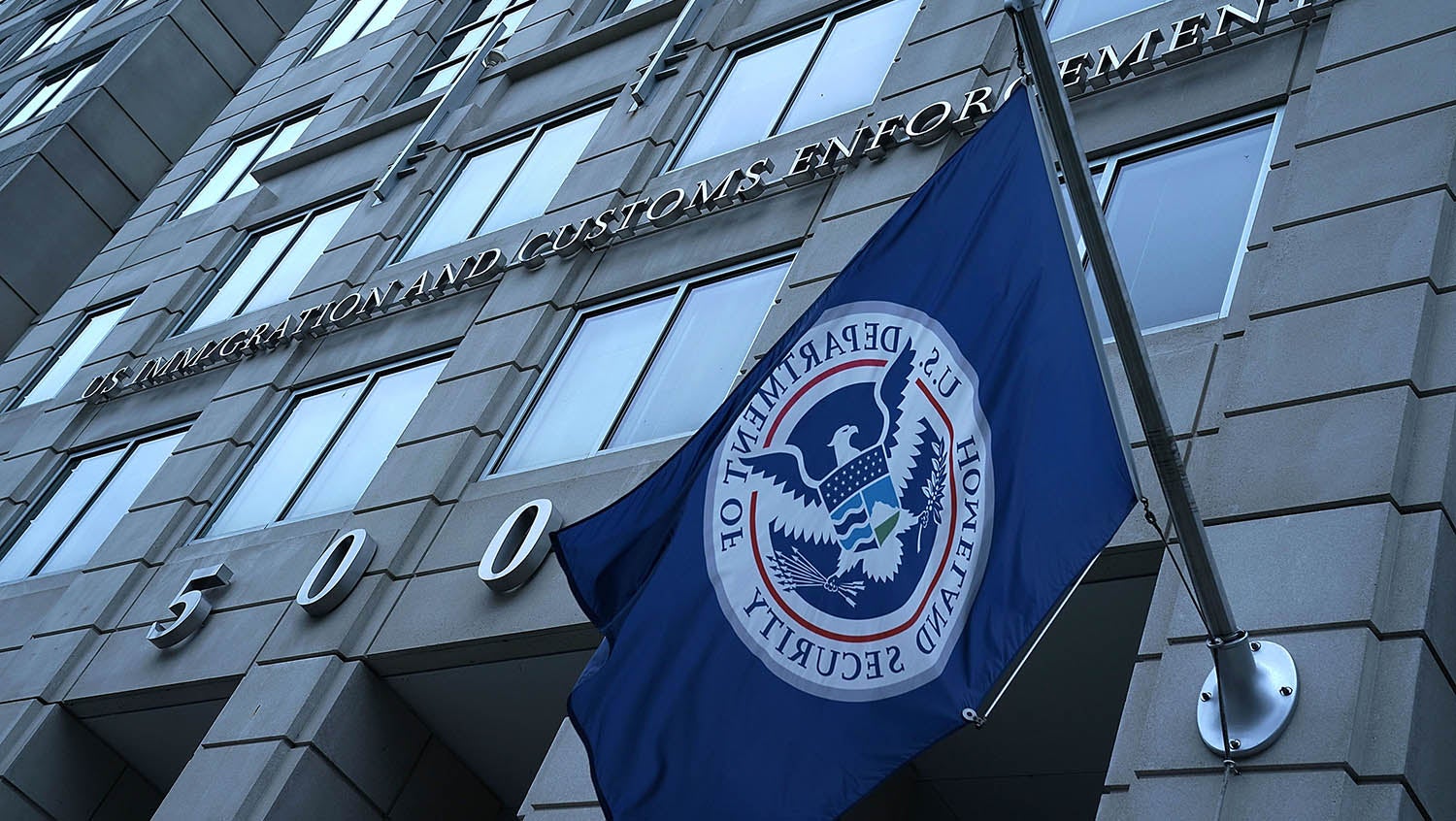The Public Charge Rule for Immigrants and the Hidden Impact on Public Health
July 1, 2019
By Sarah Kimball, MD, By David Opp, MPH

Getty Images
Health and policy experts argue that changes to the public charge rule are a step in the wrong direction.
In October 2018, the Trump administration proposed changes to the public charge rule, an immigration policy that determines whether people seeking to enter the United States or gain permanent residency may do so based on their likelihood to become dependent on publicly-funded programs. The proposed rule, touted as a protection for taxpayers, would lengthen the list of benefits that are assessed negatively in the public charge test to include Medicaid, SNAP (“food stamps”), and a handful of public housing programs that help keep individuals and families safe and healthy.
Public programs are funded by taxpayers, and the government, accountable to these taxpayers, has a responsibility to balance revenue and spending effectively. But economic impact reports and health experts agree that the new policy wouldn’t protect our country’s taxpayers — a group that includes both documented and undocumented immigrants — nearly as much as it would initially appear. In fact, it’s likely to do just the opposite.
In the months following the proposal, much has been published on its harmful effects on the health and health-seeking behavior of immigrants in the U.S., and the Department of Homeland Security has received over 260,000 public comments, the vast majority in opposition of the changes. Should the proposed rule take effect, hospitals and providers will have to grapple with the consequences of people choosing to disenroll from using public benefits. The resulting public health crises and additional cost strains spell bad news for immigrants and U.S.-born citizens alike.
Public health costs of the public charge proposal
While the immigration policy has not yet been finalized, we’re concerned we’re likely already seeing the chilling effect in the patients who come to Boston Medical Center (BMC) who are opting out of public programs, such as Medicaid, for fear of being deported or endangering their future chances at permanent residency. Even now, patients regularly call our Immigrant Health Center asking if it’s safe to use their insurance to come into clinic or to pick up medications. Even more distressing, we don’t know how many patients opt out of these programs silently, having made the personal calculus that risking their potential citizenship isn’t worth it. Because of the complexity of the proposed rule, the collateral damage even touches individuals and programs that are not targeted by the proposal, including refugees or the Special Supplemental Nutrition Program for Women, Infants, and Children (WIC).
We have a human obligation to provide healthcare to anyone who needs it. The proposed changes to the public charge rule are a step in the wrong direction.
Fear instilled by the proposed rule means people avoid care for manageable health problems until they’ve reached an advanced state that can no longer be ignored. Often, this delayed treatment can cause chronic illness and even disability. Increasing barriers to insurance also means that basic care such as vaccinations and routine screening are likely to fall to the wayside for a portion of the community — and communities across the U.S. have already witnessed the outbreaks that are possible when people aren’t immunized against communicable diseases.
The effects on health are much broader than just health insurance. Access to other public programs, ones that provide income, nutrition, and housing, could be expected to worsen as a result of the proposed changes. Food stamps and affordable housing programs do more than feed and shelter; they allow a person to thrive. Conversely, limiting access to programs that support basic needs will diminish health and wellbeing. Without proper nutrition or the ability to pay for healthcare, rates of obesity, unplanned or unhealthy pregnancy, and mental illness are likely to become problems, which carry their own public health burdens.
Safety-net system and city-wide costs
Between uncompensated care and the loss of a talented and healthy workforce, cities stand to see an economic loss from the proposed policy changes.
In Boston for example, nearly 15% of the population consists of noncitizens, who are responsible for contributing approximately $500 million to Boston’s economy per year. Using U.S. per-capita health spending, we can approximate that this group likely contributes more in taxes than they account for in public spending on health services.
At our hospital, 77% of the patient population relies on government health insurance like Medicaid and Medicare. We and other safety-net hospitals would be particularly disadvantaged by a cut in Medicaid coverage among our patients. Without the insurance payment, safety-net hospitals and state and local governments would be on the hook for the cost of care for emergency accidents and cases of illness that have reached levels requiring emergency care — scenarios that are likely to happen more frequently if people forgo their primary care visits out of fear or lack of insurance.
The burden of this uncompensated care targets the hospital’s bottom line, undercutting the means to provide the top-of-the-line care to all patients, job opportunities to staff and faculty, and health-promoting upstream interventions such as clean energy and fresh produce to the broader community. This proposed rule is bad for patients, and for the health system as a whole.
Keeping our communities healthy: A call for immigration reform
We have a human obligation to provide healthcare to anyone who needs it. From a public health perspective, the proposed changes to the public charge rule are a step in the wrong direction. If enacted, the proposed rule could be tremendously destructive, contributing to worsening health outcomes and a growing, overarching climate of fear and discrimination.
Regardless of the final ruling, much damage has already been done. Health experts will have work to do to rebuild trust and health-seeking behavior among our immigrant patients to ensure their health.
While we wait on a final decision on the public charge proposed rule, we believe that all of us who care about the rights of immigrants need to be proactive about our support and find ways to help mitigate the harm being done to our foreign-born community members and friends. What’s good for immigrants is good for all of us.


